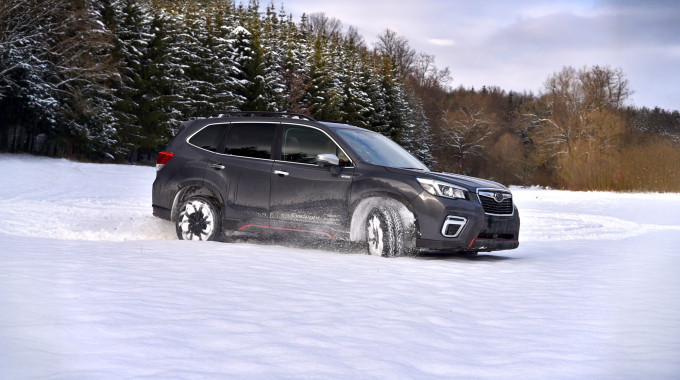
Buying a Used Electric Car: Here’s What to Look For
Electric vehicles have been exponentially growing in popularity in the automobile market for over a decade. This has created a supply of used EV choices for drivers looking for reliable and affordable transportation.
However, shopping for a used EV is not always the same as buying a used gas-powered vehicle. It requires a greater focus on the vehicles’ battery and software since each vehicle is very dependent on both.
Here, we take a look at some things to look for when shopping for a pre-owned electric car.
Know your driving needs before buying an EV
There are many types of used EVs on the market. Understanding your personal vehicle needs will help streamline the shopping experience and avoid wasted time. Some important requirements to consider include distance and price ranges, seating and cargo capacities, frequency of use, and charging equipment.
If you plan to use a pre-owned EV as a primary vehicle and require long range, then expect to pay a premium because available inventory will be low or even non-existent. However, EVs with ranges up to 150 km or less are more plentiful and affordable. Vehicles such as the Nissan Leaf and Kia Soul EV are two examples, and they can perform a daily commute or many errands without charging depending on the weather conditions and where you park the vehicle.
Since the pre-owned market can be cyclical, knowing your needs and vehicle preferences in advance will help you respond quickly when your choices become available.
Understand general reliability issues and strengths
As a general rule of thumb, EVs are reliable because they have less moving parts than their combustion-powered counterparts. However, be aware of EVs that have problem histories. For example, Tesla S models have been known for battery and software problems, so dig into the individual history of any used Tesla S. In February 2022, Tesla recalled about 80,000 cars in Canada alone.
Some mainstream options like the Bolt EV have been the subject of important recalls that made them practically unusable. The repairs related to these recalls are still being conducted throughout the fleet.
Inspecting the vehicle: understand the state of the battery
After finding a possibly suitable vehicle, it is time to inspect it. The battery is a critical part of this process.
It is common knowledge that lithium ion batteries degrade with long-term use. If you own a smartphone, you understand how this works. Poorer battery quality, constant fast-charging and total battery discharge also speed up the degradation process. But how can a used EV shopper determine the state of the battery?
- Some EVs have dedicated screens that display battery health readouts, including its true range. This is the easiest method and offers you a peace of mind. Experts agree that an EV should be able to drive about 50,000 km before the battery loses about 10% of its range.
- If the battery was ever replaced, the vehicle could be an outstanding find since a newer battery equals better range (typically). Just ensure the seller has proper documentation of the work performed.
- It is also important to know the remainder of the battery's warranty. Most battery warranties last 8-10 years with mileage limits.
Knowing as much as possible about the battery will help you determine the EV's actual range, charging speed, durability, and warranty protection. Here’s a closer look at how long it takes to charge an EV and the associated costs.
Other vehicle conditions to check
Once the EV passes your visual inspection, take it for a thorough road test. Get a feel for the vehicle's handling, and listen for odd noises and vibrations. Study the readout screens and look for any warning information at a safe point. Many EVs also offer preheating, so make sure it operates properly no matter what time of the year it is.
Some shoppers also take their prospective vehicle to a professional mechanic for additional checks. Since many problems from EVs come from the electric systems, EV professionals have better tools and experience to diagnose current and potential problems.
Don't forget to review the Register of Personal and Movable Real Rights for vehicle debts, CARFAX or other vehicle history reports, and all maintenance documentation.
Thermal management systems are a plus
EVs are especially affected by weather and temperature changes - they lose range in subzero conditions. Some EVs feature thermal management systems with liquid heating/cooling tech that conditions and keeps the battery at an optimum temperature that helps preserve range. This is especially helpful during Canada's winters.
Charging infrastructure
Last but not least, you should factor in the cost of a home charging station, taking into account the subsidies offered in your province. This will make the daily use of your pre-owned electric car easier and more enjoyable than having to jump from charger to charger to keep it rolling!
Get pre-approved for your next car
If you are shopping for an EV we can help you get pre-approved for financing first, so you can shop with confidence knowing exactly what you can afford.
We'll connect you with a local dealership who will show you all the vehicles you qualify for, including any EVs they have available. It's the smarter, easier way to buy a car in Canada!







